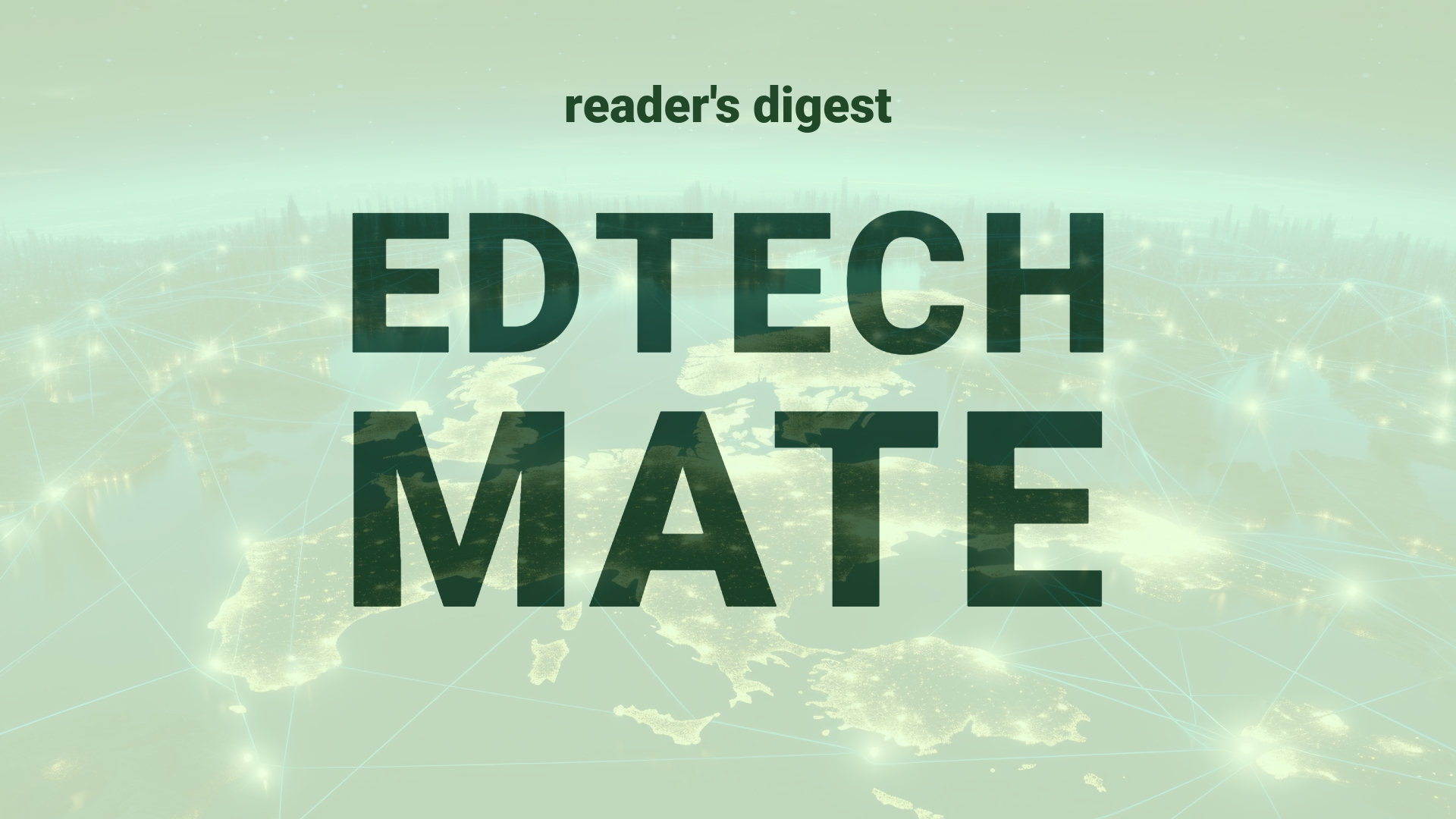Executive Summary and Main Points
In the evolving landscape of global higher education, the adoption of sustainable practices and business models is crucial. HP’s Renew Solutions exemplifies this shift, presenting a venture that refurbishes and resells used computers and printers, achieving margins on par with new product sales. This initiative aligns with HP’s ambitious goal of attaining 75 percent circularity for products and packaging by 2030. HP’s strategic approach, integrating sustainability as a core business value, demonstrates a successful model of digital transformation grounded in environmental responsibility. It highlights customers’ increasing preference for sustainable options and the business imperative for circular economy practices in the tech sector.
Potential Impact in the Education Sector
The success of HP Renew Solutions could serve as a catalyst for change in Further Education and Higher Education sectors, advocating for circular economies and sustainability. Adoption of refurbished technology can reduce costs and carbon footprints for educational institutions, encouraging them to integrate sustainable procurement strategies. For Micro-credentials, the move towards sustainable IT resources supports the delivery of flexible, environmentally-conscious learning modules, while fostering strategic partnerships among tech companies, educators, and learners, reinforces the digitalization trend in higher education.
Potential Applicability in the Education Sector
AI and digital tools could significantly benefit from HP’s model. In an education system increasingly reliant on technology, ensuring equitable access through refurbished devices could be transformative. Integrating AI to optimize energy savings for IT infrastructures on campus and developing methodologies to track and verify the environmental impact of device usage align with emerging global education system demands. Applying such innovative solutions can enhance learning experiences and research while promoting sustainability.
Criticism and Potential Shortfalls
While HP’s model is pioneering, it faces challenges that include the potential for digital inequity and a lack of consumer education on refurbished goods. There are also cultural and ethical concerns regarding the disposal and recycling of technology, particularly in less affluent regions. Comparative case studies, such as France’s regulation mandating government tenders to include recycled or second-use items, provide a framework for analyzing the effectiveness and scalability of such initiatives across different national contexts. Careful consideration must be given to the ethical implications of circular business models, ensuring fairness, transparency, and accountability.
Actionable Recommendations
To integrate these technologies into education, institutions should establish green procurement policies, make strategic partnerships with refurbishing initiatives like HP Renew Solutions, and invest in platforms for monitoring and managing energy consumption. International education leadership could also encourage curriculum development that incorporates principles of sustainability and circular economy. By fostering digital literacy to demystify refurbished technology and supporting research into the life cycle of educational technology, the sector can move towards greater environmental stewardship and cost efficiency.
Source article: https://www.mckinsey.com/capabilities/sustainability/our-insights/how-hp-is-finding-success-in-circularity

